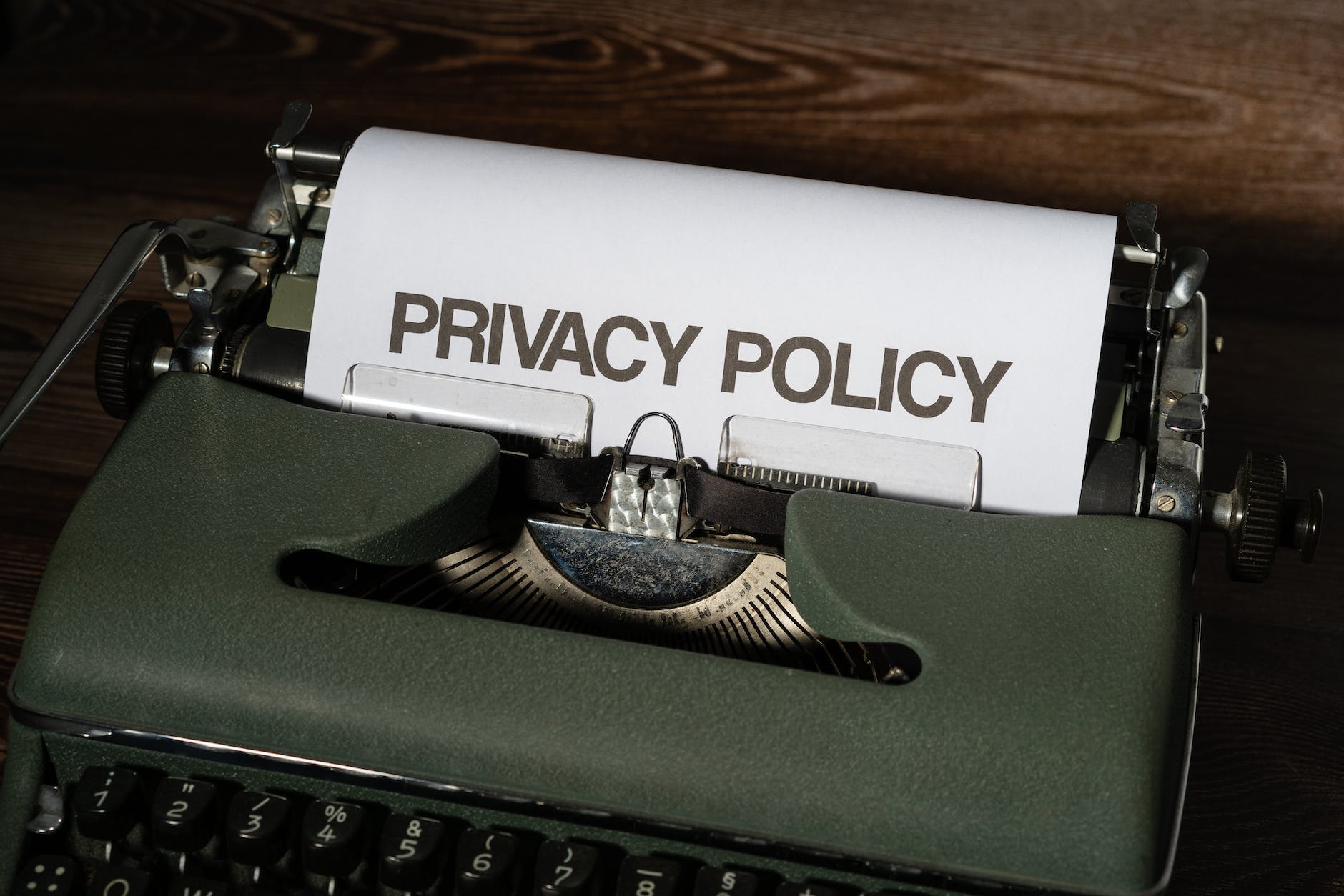
Privacy Policy
A privacy policy is an important document for any small business. It outlines the steps and measures taken to protect customers’ personal information from misuse, unauthorized access, or disclosure. A well-crafted privacy policy template can provide small businesses with the necessary guidance to ensure that their customer’s data is handled responsibly and securely.
With a clear understanding of what information your business collects, how it’s used, and who has access to it; you can create trust with your customers that their personal data will be kept safe. This template provides a comprehensive outline of the policies and procedures you should consider when creating your own privacy policy template for small businesses.
Scope of the Privacy Policy
Privacy policies have become an essential part of the online experience, giving users a sense of security and control over their personal data. In order to ensure that the policy covers all aspects of user privacy, it is essential to understand the scope of a privacy policy.
A privacy policy outlines how a website or app collects, stores, uses and shares personal information. It should include descriptions of what types of data are collected, how it is handled and who has access to it. The scope should also cover any third-party services used by the website or app as well as any other external sites that may be linked from within the site or app.
When creating a privacy policy, companies should consider:
- What type of information (e.g., name, address) will be collected?
- How is this information going to be used?
- Who will have access to this information?
- What third-party services are being used for data storage or processing?
- How long will this data be stored?
- How can users view/update/delete their personal information if needed?
It is also important for companies to explain in detail how they handle user requests such as opt-outs from marketing.
How Information is Collected
The collection of data and information has become increasingly important in our modern world. From large corporations to small businesses, the ability to collect and analyse information is essential for success. But how exactly is this data and information collected? Here, we’ll take a look at some of the most common methods used.

companies can collect data
One way that companies can collect data is through surveys or questionnaires. This type of data collection involves asking targeted questions about customer preferences or behaviours, using either online forms or in-person interviews. Surveys can provide valuable insights into customer buying habits, as well as current trends in the marketplace.
Another popular method for collecting information is through focus groups, where a limited number of people are invited to discuss a specific product or service with an expert facilitator leading the discussion. Focus groups allow companies to gain insight into how consumers feel about their products and services, giving them valuable feedback that can help improve their offerings in the future.
Data can also be collected through observation techniques such as field research or ethnography studies which involve observing people’s behaviour and interactions in their natural environment over an extended period of time. This type of research helps researchers understand how customers use a particular product or service every day.
Use and Disclosure of Personal Data
It is no secret that personal data is collected and stored in many digital databases around the world. Companies, organizations, and governments are constantly collecting data about individuals for various purposes such as marketing or security. While this data can be helpful in a variety of ways, it must be handled responsibly to ensure that users’ privacy rights are protected.





